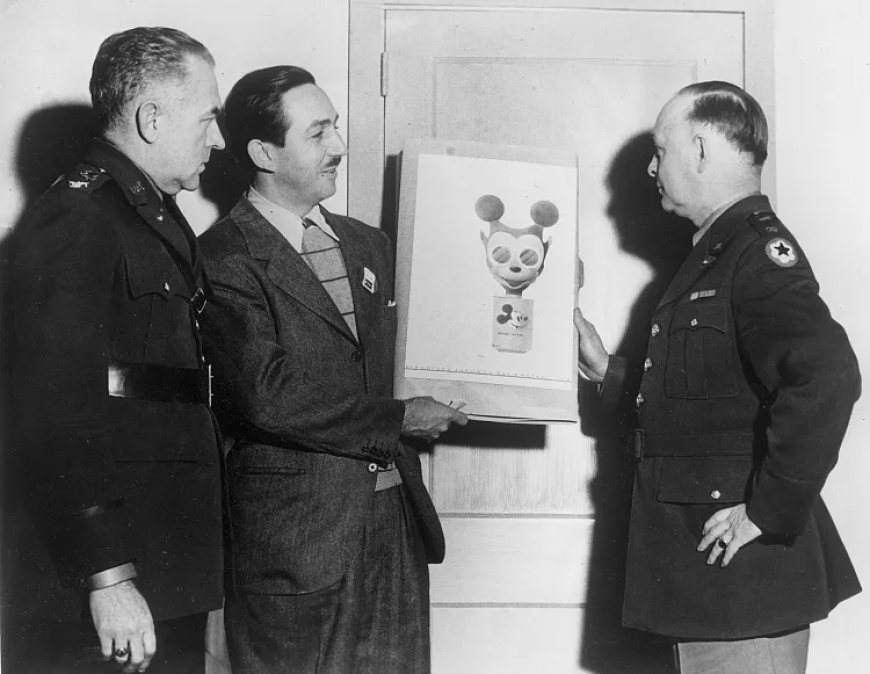Walt Disney: The Unseen Role of a Cultural Icon as an FBI Informant

Walt Disney, the name synonymous with wholesome family entertainment and the magic of Disneyland, was also, intriguingly, a covert informant for the FBI. This revelation adds a complex layer to the legacy of the man behind Mickey Mouse and many other beloved characters.
The relationship between Walt Disney and the FBI began on November 10, 1940, amid the turbulent climate of World War II and the Red Scare. At this juncture, Disney was riding high on the success of his animation empire, with hits like Snow White and the Seven Dwarfs (1937) and Pinocchio (1940) solidifying his status as a leading figure in Hollywood.
The FBI, concerned about potential communist influences within the U.S., sought to infiltrate various sectors of society, including the entertainment industry. Disney, who was an influential figure in the industry, was recruited to provide intelligence on his own employees, particularly those involved in labor unions. The timing was critical, as the U.S. was grappling with internal divisions over its role in the ongoing global conflict.
Disney's Activities and Collaborations with the FBI
Disney's involvement with the FBI went beyond mere informant work. During the 1941 animators' strike, which was marked by significant labor unrest, Disney publicly denounced many of the striking workers as communists. His testimony before the House Un-American Activities Committee (HUAC) helped to vilify the labor movement and led to substantial repercussions for those involved.
Disney's cooperation with the FBI also included collaborating on propaganda efforts. Notably, Disney produced several films that served to bolster wartime morale and support for the Allied cause. This collaboration was a strategic move by both Disney and the FBI to align entertainment with national interests during a period of global conflict.
The FBI's Support and Disney's Position
In return for his services, Disney received various privileges, including access to FBI facilities and protection from the broader political climate of the time. The relationship proved mutually beneficial: Disney's projects gained a degree of official endorsement, while the FBI obtained valuable insights into the political and social undercurrents within Hollywood.
In 1954, Disney's role was formalized when he was designated a ‘Special Agent in Charge Contact’. His informant activities continued until his death in 1966. The scope of his collaboration with the FBI extended to various forms of propaganda and surveillance, which only became fully understood when the related documents were declassified.
Legacy and Impact
Disney's collaboration with the FBI and his role as an informant adds a controversial dimension to his legacy. The cultural icon known for his imaginative worlds and family-friendly productions was also entangled in political machinations that influenced the labor movement and artistic freedom during a fraught historical period.
The revelation of Disney’s FBI ties highlights the often unseen intersections between politics and culture, where influential figures are sometimes drawn into covert activities that shape their industries and legacies. As historical documents continue to be uncovered, the full impact of Disney's work with the FBI provides a richer, albeit more complex, understanding of his influence on American culture and politics.
This aspect of Disney's life serves as a reminder of the broader context in which cultural icons operate, where their public personas can mask more intricate and sometimes controversial roles in the political landscape.













































